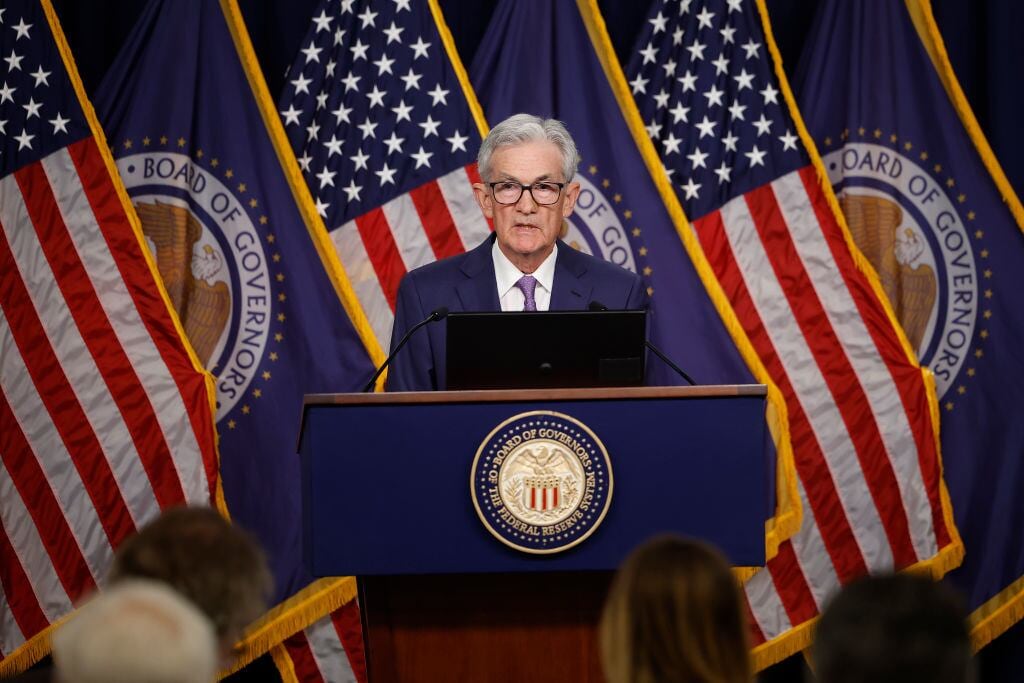By Ken Sweet and Damian J. Troise
The S&P 500 closed at a record high on Friday as optimism built among investors that a coming vaccine for coronavirus will help end the shutdowns that have devastated the economy.
Markets also welcomed the election of Joe Biden as president and the likelihood of Republican control of the Senate, setting up a divided government that will probably mean a continuation of business-friendly policies. Small-company stocks outpaced the rest of the market this week, reflecting greater confidence in the economy.
The S&P 500 added 48.14 points, or 1.4%, to 3,585.15, rising above the index's previous closing record of 3,580.84 set back in early September. Both the Dow Jones Industrial Average and the Nasdaq composite closed higher as well, but did not close at records. The S&P 500 ended the week up 2.2%.
The Dow rose 399.64 points, or 1.4%, to 29,479.81 and the Nasdaq rose 119.70 points, or 1%, to 11,829.29.
The market index that had the best week was the Russell 2000, which is made up of smaller companies that tend to benefit the most when investors are positive on the economy. The Russell climbed 2.1% to close at 1,744.04, besting the closing high it reached in August 2018. The index jumped 6.1% this week.
The market was lifted by energy, real estate and companies that rely on consumer spending, while big technology companies floated between gains and losses. One exception in technology was Cisco, which jumped 7.1% on the back of better-than-expected earnings.
Reports of surging COVID-19 cases had a sobering effect on markets earlier in the week, which had advanced on hopes for a vaccine and expectations that pro-business policies will continue after last week’s U.S. elections. The concern was that even if a vaccine is finalized soon, it will take months for it to be distributed throughout the U.S. and around the globe.
Coronavirus caseloads are rising at a faster pace in the U.S. in almost every state. In New York, the state is ordering restaurants, bars and gyms to close at 10 p.m., beginning Friday. New York was devastated by the virus earlier this year but seemed to have gotten it largely under control. In Europe, several governments have brought back even tougher restrictions that will likely restrain the economy.
One sign of consumer worry regarding the rising coronavirus infections was reflected in the University of Michigan's consumer sentiment survey, which fell to a reading of 77 from October's reading of 81.8. That figure was below economist expectations.
David Lefkowitz, head of Americas equities at UBS Global Wealth Management, said there is a “tug of war” in the markets between the good news from vaccine development and the worrying news that coronavirus cases are surging.
“I still think the dust is kind of settling from that vaccine news as investors think about how to be positioned,” he said.
In Japan, where the pandemic had seemed relatively under control at fewer than 2,000 cumulative deaths, the number of reported daily cases nationwide reached a record for the country on Thursday, at more than 1,660 people. Especially affected were Tokyo and the northern island of Hokkaido, raising worries that a recent government campaign to discount domestic travel might have helped spread infections
Updated on November 13, 2020, at 5:01 p.m. ET with the latest information.













